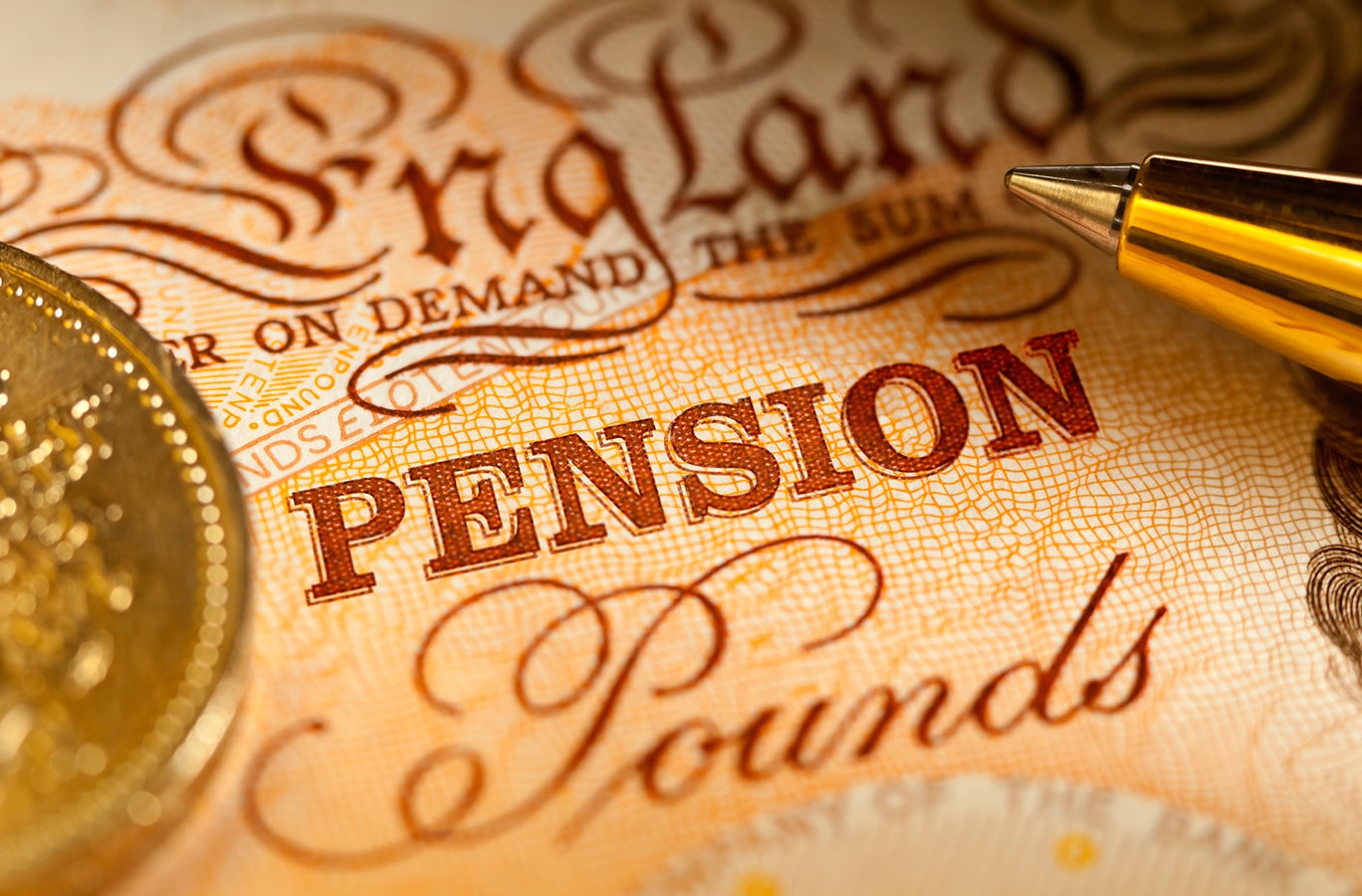The Independent's journalism is supported by our readers. When you purchase through links on our site, we may earn commission.
Getting to grips with ISAs and SIPPs
Kick-start your savings with tax-efficient investment opportunities

Lots of people want to invest in shares and funds but aren’t sure where to start. Some believe they can only buy these products through their bank; others presume they are only available through a financial adviser. Neither is correct.
The easiest way to get going is to open either an individual savings account (ISA) or self-invested personal pension (SIPP), both of which are available through a wide range of financial providers. You can have both at the same time, but their suitability can depend on your investment goals.
These savings and investment accounts let you shelter your money from tax so you can try and build up a bigger pot of money over time.
The accounts look similar in that they’re both tax-efficient and they permit a very broad range of investments, such as shares, funds, investment trusts and exchange-traded funds (ETFs).
The way in which you can access your money differs greatly. In a nutshell, ISAs tend to suit people who are saving for medium-term goals like buying a house or funding a dream holiday. SIPPs are much more suited to saving in the longer-term for retirement.
Click here to find out more how to open a Stocks and Shares ISA
ISAs explained
With an ISA, you can take your money out whenever you want and don’t have to pay any tax on withdrawal.
Also, putting any of this money back into your ISA will count towards your annual subscription allowance in the current tax year.
An ISA may be a good way of saving up money for your children’s university fees and can also act as a back-up for financial emergencies.
You can save up to £15,240 into an ISA each tax year and you can split this between a cash ISA and a stocks and shares ISA.
Get a free fractional share worth up to £100.
Capital at risk.
Terms and conditions apply.
ADVERTISEMENT
Get a free fractional share worth up to £100.
Capital at risk.
Terms and conditions apply.
ADVERTISEMENT
A cash ISA is like a normal savings account except the interest is tax-free. A stocks and shares ISA lets you invest in a whole host of investments in a tax-efficient way.
Understanding SIPPs
If you’re saving for retirement, a SIPP can be a suitable vehicle if you are happy picking your own stocks, funds and other asset classes.
You benefit from 20 per cent tax relief when you contribute your own money in a SIPP, so if you invest £8,000 the government automatically adds £2,000.
If you pay tax at 40 per cent or 45 per cent then further relief is available via self-assessment.
You can’t access the money in your SIPP until you reach the age of 55, which removes the temptation of dipping into your retirement fund in your younger years.
Once you reach 55, one of the options for managing your pension is to take 25 per cent of your SIPP as a tax-free lump sum. Any money you take on top of this is taxed at your current income tax rate.
For most investors SIPPs will usually work out as more tax-efficient than ISAs because of the generous tax reliefs available. This means more of your money will be working for you in retirement.
Another advantage of using a SIPP is you can pay a lot more into it each year than you can into an ISA. If you have a SIPP you can contribute as much as you earn to benefit from tax relief.
There are two allowances that investors should be aware of: an annual allowance of £40,000 which applies to contributions from all sources in a tax year, and a lifetime allowance on the value of all benefits held in a SIPP and other pension schemes in total.
The information is based on our understanding of current legislation and HMRC guidance. Tax rules can change in the future and the tax treatment depends on your personal circumstances.
Click here to find out more how to open a Stocks and Shares ISA
Please note the value of investments, and any income from them can go down as well as up and you may not get back your original investment. AJ Bell Youinvest do not offer advice about the suitability of their products or any investments held within them. Should you require financial advice you should consult a suitably qualified financial adviser. Tax rules can change in the future and the tax treatment depends on your personal circumstances. Past performance is not a guide to future performance and some investments need to be held for the long term.
AJ Bell is authorised and regulated by the Financial Conduct Authority. The Evening Standard is not responsible for the content of this advertisement feature and any queries should be directed to AJ Bell.
Bookmark popover
Removed from bookmarks